Adultery – a topic which Bollywood explores only for laughs or to make the women seem ‘characterless’. In the 80s, Bollywood gave us movies like Silsila and Kabhi Kabhie which explored the concept of love and marriage with grace and respect.
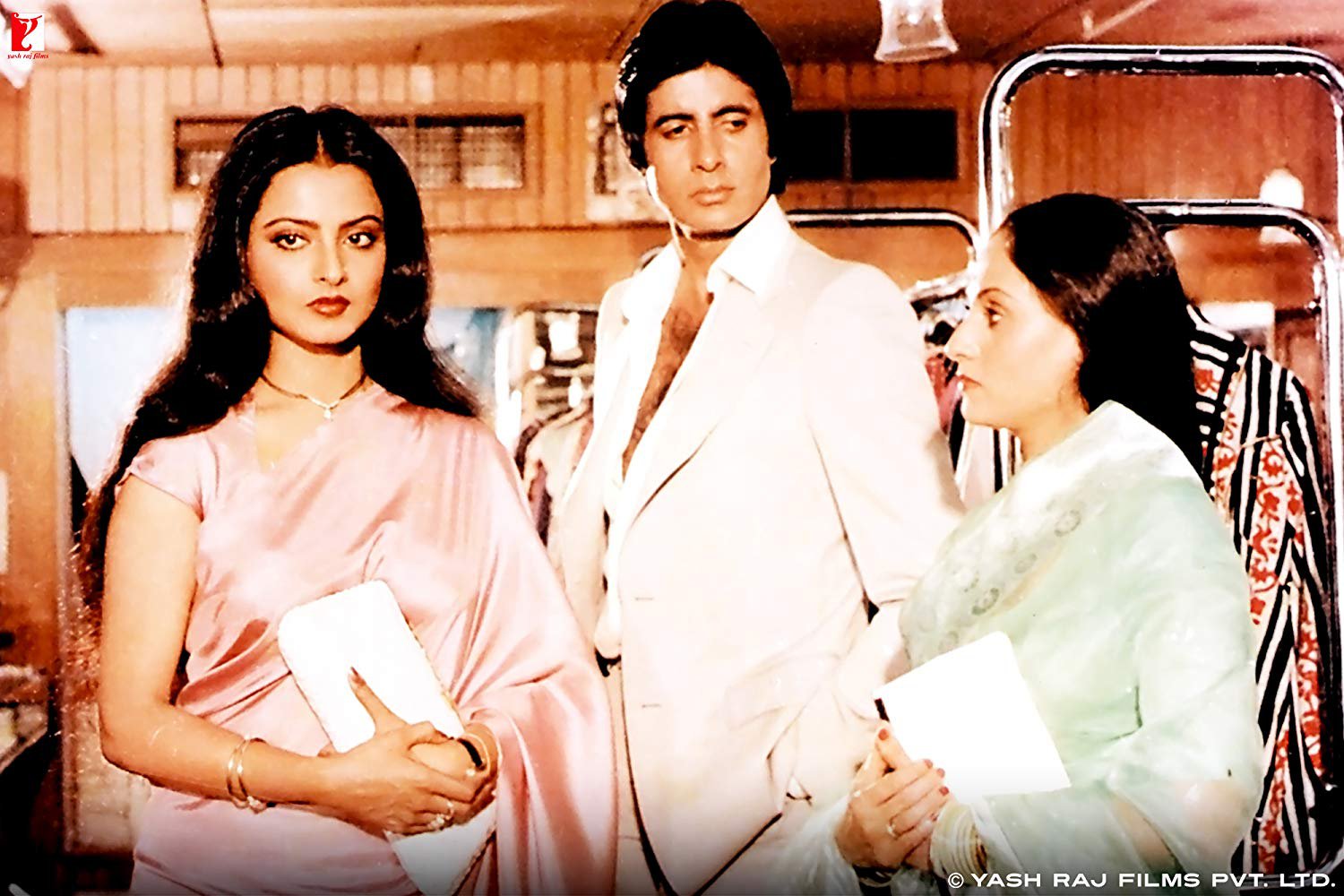
The idea of a past lover was handled with an almost poetic panache, not once did you cringe at Amitabh Bachchan and Rekha’s reunion on Silsila. Even though the heartbreak of their respective partners is quite apparent, the rekindled romance and their second courtship has you hoping for their love-story’s happy ending.
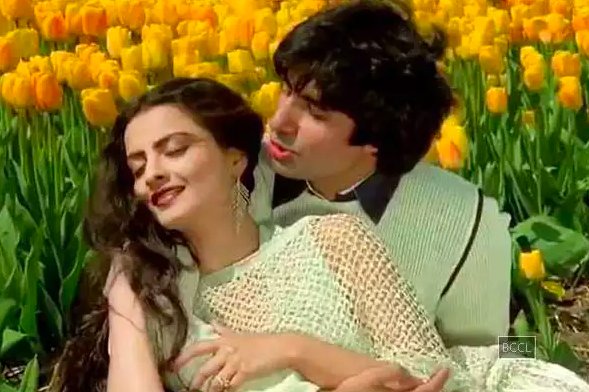
And now, we have Masti, Thank You, No Entry and Sandwich which make the idea of adultery seem ‘fun and games’ with a happy ending because all is forgiven for lecherous men.
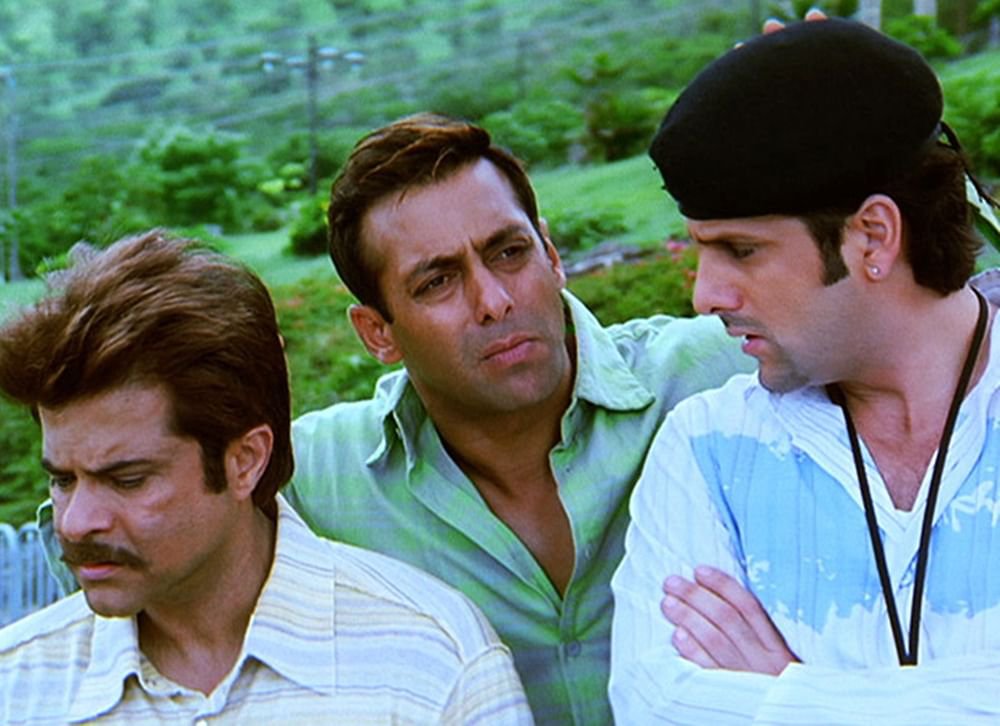
In these ‘men will be men’ films, the boys are out there just to have a little adventure out of their marriages. It’s usually because the wives are withholding sex, are too godly, boring or are career-oriented. These reasons justify the men leeching on women clad in bikinis whose bodies matter and brains really don’t. It’s not just cringy but paints the wives of these men as ‘pativrata‘ who are unaware of the things that go on in their husband’s heads.
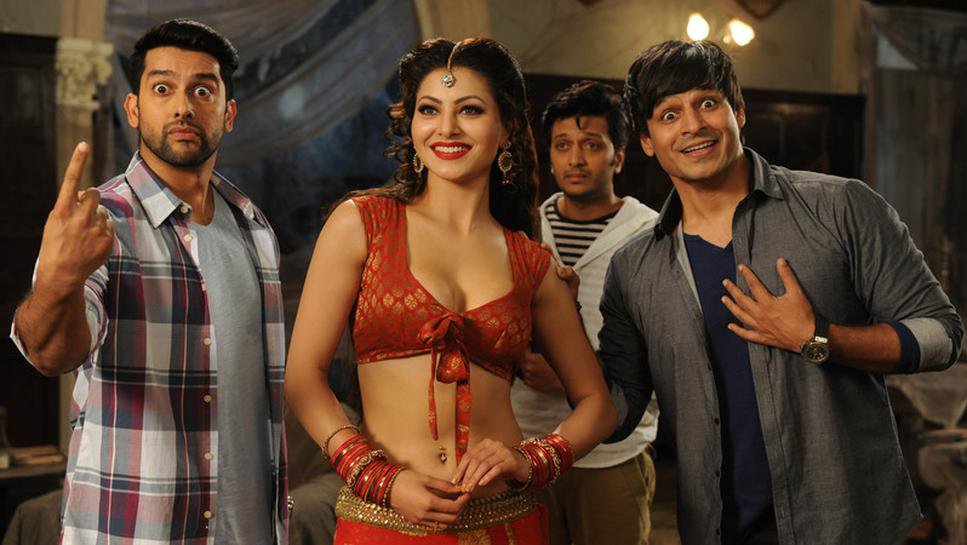
The popular idea around female characters in these movies is that she is a ‘ma‘ a godly all-forgiving figure who values the traditions of a holy marriage over anything else. In the ending of Masti, with one emotional song, all the wives are ready to accept their cheating husbands back into their lives, no questions asked.
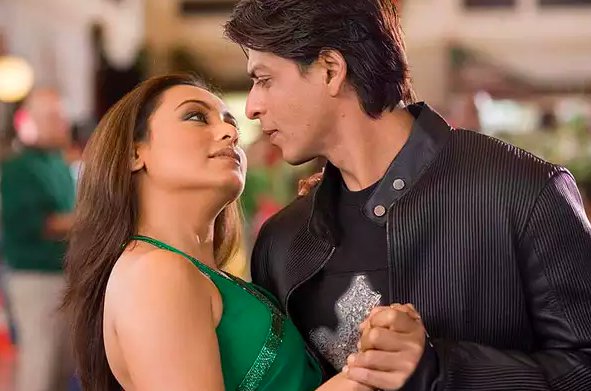
We have had movies like Kabhi Alvida Naa Kehna and Life In A… Metro which sensitively portrayed the emotions on both the sides of the coin, without painting one partner in a negative light. But even then, Rani and Shah Rukh were ‘destroying’ their ‘selfish’ partners to save themselves. Again, a film brimming with stereotypes that try to put these characters into specific black and white boxes.
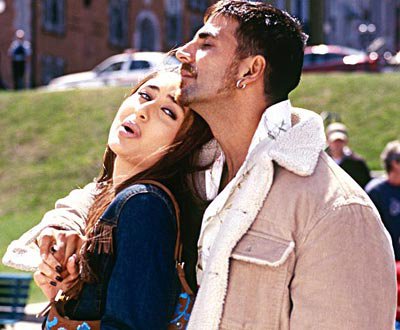
Then there are also films like Murder and Bewafaa, which made the characters seem honourable for forgiving the ‘cheating bad women’. In both the movies the female characters married their husbands to take on the roles of mothers and not wives, so when they cheated – their husbands forgave them with a ‘mahaan‘ heart. Forgetting that, she was most definitely forced and manipulated into the marriage.
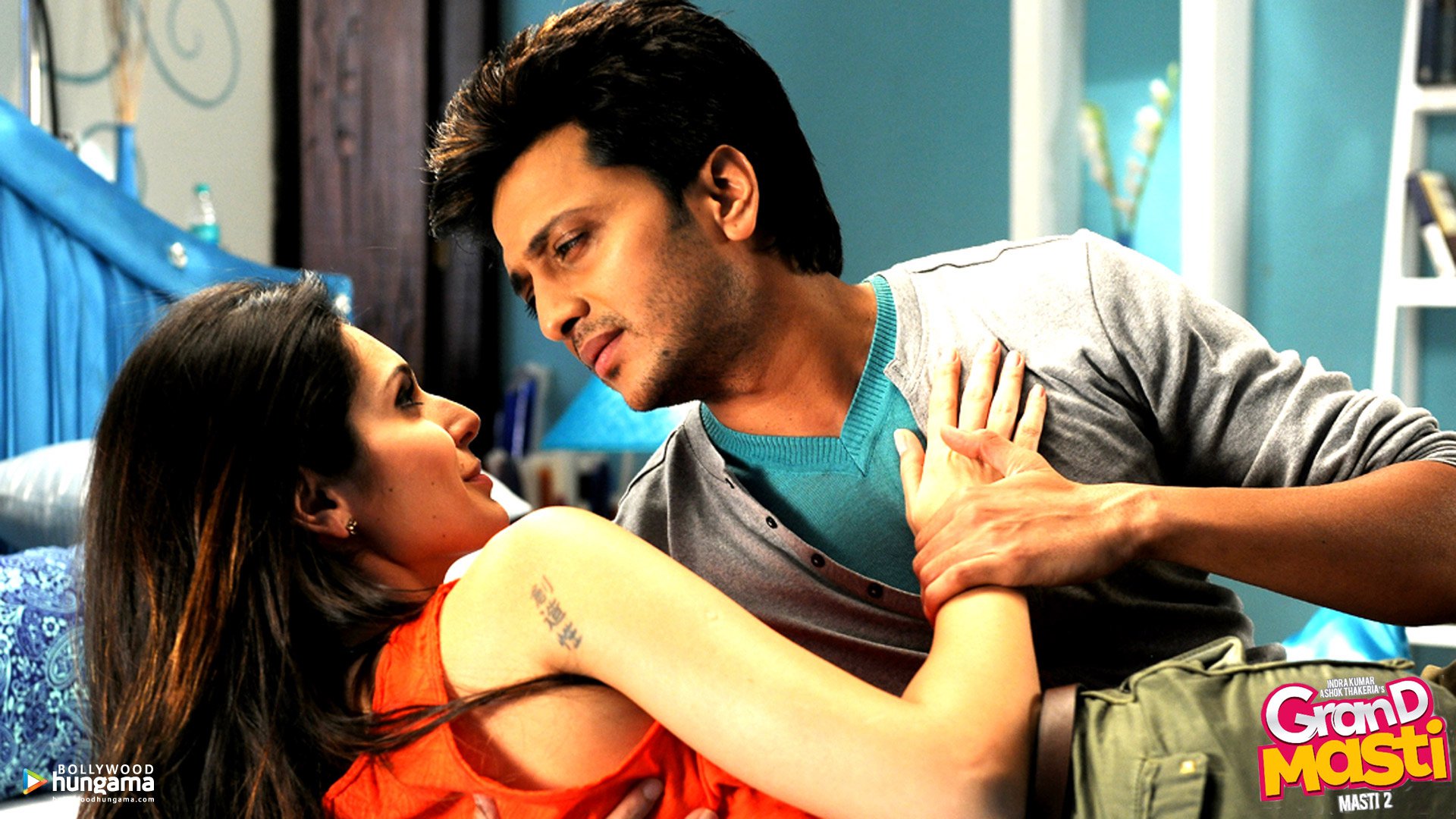
So how did Bollywood end up commercialising the breaking of a marriage? By turning it into a film whose foundation lies on its cheap jokes and below the belt tacky shots.
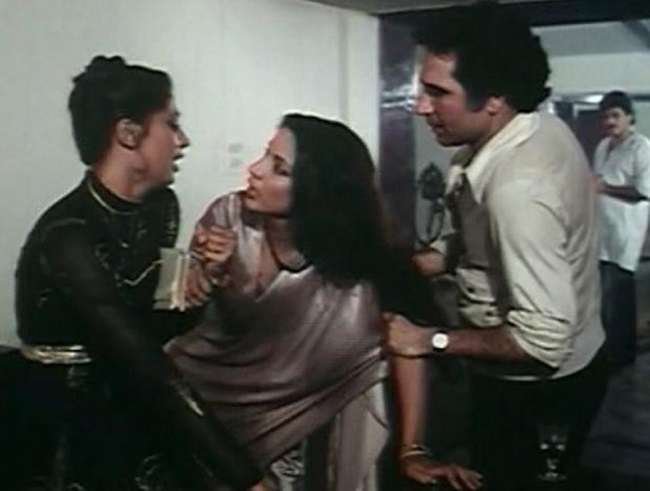
Maybe we need to take a leaf out of our past once again and learn how to value the emotions behind marriage. And if you are looking for an honest portrayal of an extra-marital affair or adultery in Bollywood, films like Arth, Astitva, Akhir Kyon? which had strong female characters that didn’t apologise for their emotions. They took a stand and left, to start a new life that didn’t need the acceptance or forgiveness of anyone. In Mahesh Bhatt’s Arth, the wife refused to forgive her husband once he was rejected by his lover, reinstating that she was no longer ready to live a life in his shadow.
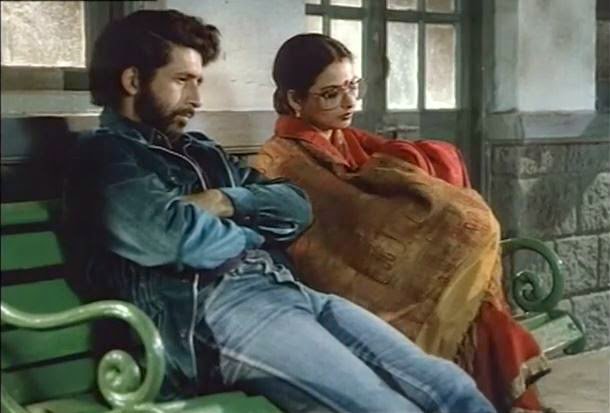
The shades of grey that Gulzar beautifully captured in Ijaazat, where a young married man is inclined to take care of his ex-girlfriend, have somehow gotten lost in the colourful circus that Bollywood has become. The fragility of human emotions, the beauty of love, intimacy and connection, has been trivialised by modern cinema which can’t bother spending more than 20 minutes on a character sketch.

















